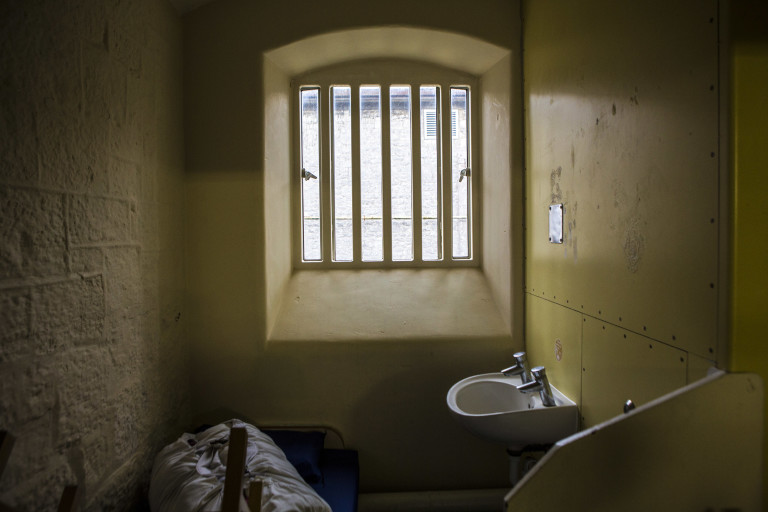Overcrowding

-
Certified Normal Accommodation (CNA): 374
-
Population: 510
Usk and Prescoed, although managed as a single entity, are in fact two quite distinct facilities serving very different purposes. Located in Monmouthshire, Usk is a small 19th century radial institution designated as a category C training prison for about 270 mostly convicted sex offenders. Prescoed, located about two miles away in a rural setting, is an open prison holding about 230 category D prisoners, including a small number of young adults.
Read Usk/Prescoed’s latest inspection report here.
About this information
Certified Normal Accommodation (CNA) is the prison service’s own measure of how many prisoners can be held in decent and safe accommodation. Any occupancy above CNA means that the prison in question is overcrowded.
Prisons in England and Wales fall into four separate security categories. Some prisons can operate under more than one category.
Category A: Category A prisons are high security prisons, holding those individuals considered the most threatening to the public should they escape. Category A prisons should not be overcrowded, given the high levels of security required.
Category B: Category B prisons, or local prisons, are the largest category of prison. They tend to hold un-sentenced prisoners, prisoners on remand awaiting trial, short-sentenced prisoners or those newly sentenced and awaiting transfer to another prison category. Category B prisons tend to be the most overcrowded, with a constantly churning population.
Category C: Category C prisons are sometimes called ‘training prisons’. They are meant to offer education and training to prisoners and the vast majority of prisoners on longer sentences will spend time in Category C accommodation. Historically not overcrowded, we now see more and more Category C prisons running overcrowded regimes.
Category D: Category D prisons offer open conditions and house those who can be reasonably trusted not to try to escape. Prisoners in Category D prisons will be given Release On Temporary Licence (ROTL) to work in the community or go on home leave, usually returning to the prison in the early evening. The majority of Category D prisoners will be towards the end of their sentence, and their period in open conditions is preparing them for their eventual release. Category D prisons tend not to be overcrowded.
-
Join the Howard League
We are the world's oldest prison charity, bringing people together to advocate for change.
Join us and make your voice heard -
Support our work
We safeguard our independence and do not accept any funding from government.
Make a donation